Parliamentary Budget Office
Inquiry into Establishment of Parliamentary Budget Office
In July 2024, the Tasmanian Parliamentary Standing Committee on Public Accounts resolved to initiate an inquiry into the establishment of a Parliamentary Budget Office (PBO) for the State. The terms of reference include to inquire into and report on:
The establishment of a Tasmanian Parliamentary Budget Office including the:
- benefits, opportunities and challenges
- most appropriate model
- resourcing required
- role of the Tasmanian Parliamentary Standing Committee on Public Accounts, and
- key legislative provisions needed to establish a Tasmanian Parliamentary Budget Office.
By way of background, a PBO is a type of independent fiscal institution (IFI), with a mandate to critically assess, and in some cases provide non-partisan advice on, fiscal policy and performance. Since 2008, there has been a significant increase in the number of IFIs internationally attributed to the desire to improve the:
- capacity of legislatures to scrutinise the Executive on financial matters, and/or
- credibility of Executive economic and financial forecasts and commitments to fiscal rules
There are three IFIs that operate in Australia, which all follow the PBO model:
- the New South Wales PBO was established in 2010 to cost policies and provide ‘analysis, advice or briefing of a technical nature on financial, fiscal and economic matters’. In 2013, it was made temporary and its functions restricted to providing costing services at election time.
- the Commonwealth PBO was established in 2012 to provide ‘independent and non-partisan analysis of the budget, fiscal policy and the financial implications of proposals’, and
- the Victorian PBO was established in 2017 to provide Members with ‘ongoing, authoritative, independent and credible policy costing and advice services’ and to ‘inform policy development and public debate in Parliament and the Victorian community’.
The South Australian Government established a Parliamentary Budget Advisory Service on 8 November 2017 to cost election policies for the March 2018 election. It was abolished on 30 June 2018.
It is understood that two jurisdictions in Australia have considered, but opted against, establishing a PBO:
- the Australian Capital Territory Standing Committee on Administration and Procedure recommended against establishing a PBO, citing cost concerns for a small jurisdiction, and recommended that an expert consultant be appointed to review the budget instead, and
- the Northern Territory Government did not support a recommendation from a select committee to establish such a body, noting that financial analysis support to Members is available from the Department of Treasury.
In June 2020, the Western Australian Standing Committee on Estimates and Financial Operations recommended that:
- a parliamentary committee as determined by the Parliament be responsible for oversight of the PBO
- the PBO be empowered to deliver the following services:
- provide advice to Members and parliamentary committees on financial matters
- provide confidential costing services to Members and parliamentary committees
- prepare and publicly release reports on election promises with a financial impact announced by relevant political parties, and
- self-initiate and publish research on financial matters
but the WA Labor Government of the day did not proceed.
The Committee also notes in Saul Eslake’s recent Independent Review of Tasmania’s State Finances report:
In order to enhance the capacity of the Parliament to comprehend and discuss fiscal issues, and to formulate policies which will have an impact on the Budget, the Review recommends that Tasmania follow the Federal Parliament, and the Parliaments of New South Wales and Victoria, in establishing a Parliamentary Budget Office
To this end the Committee resolved to conduct hearings with relevant PBO officials and PAC equivalent committees across the three jurisdictions with established PBOs: NSW, Commonwealth and Victoria during the week commencing Monday, 17 February 2025.
- Victorian PBO - Functions and Comparisons (19 February 2025)
- Commonwealth PBO Insights (18 February 2025)
